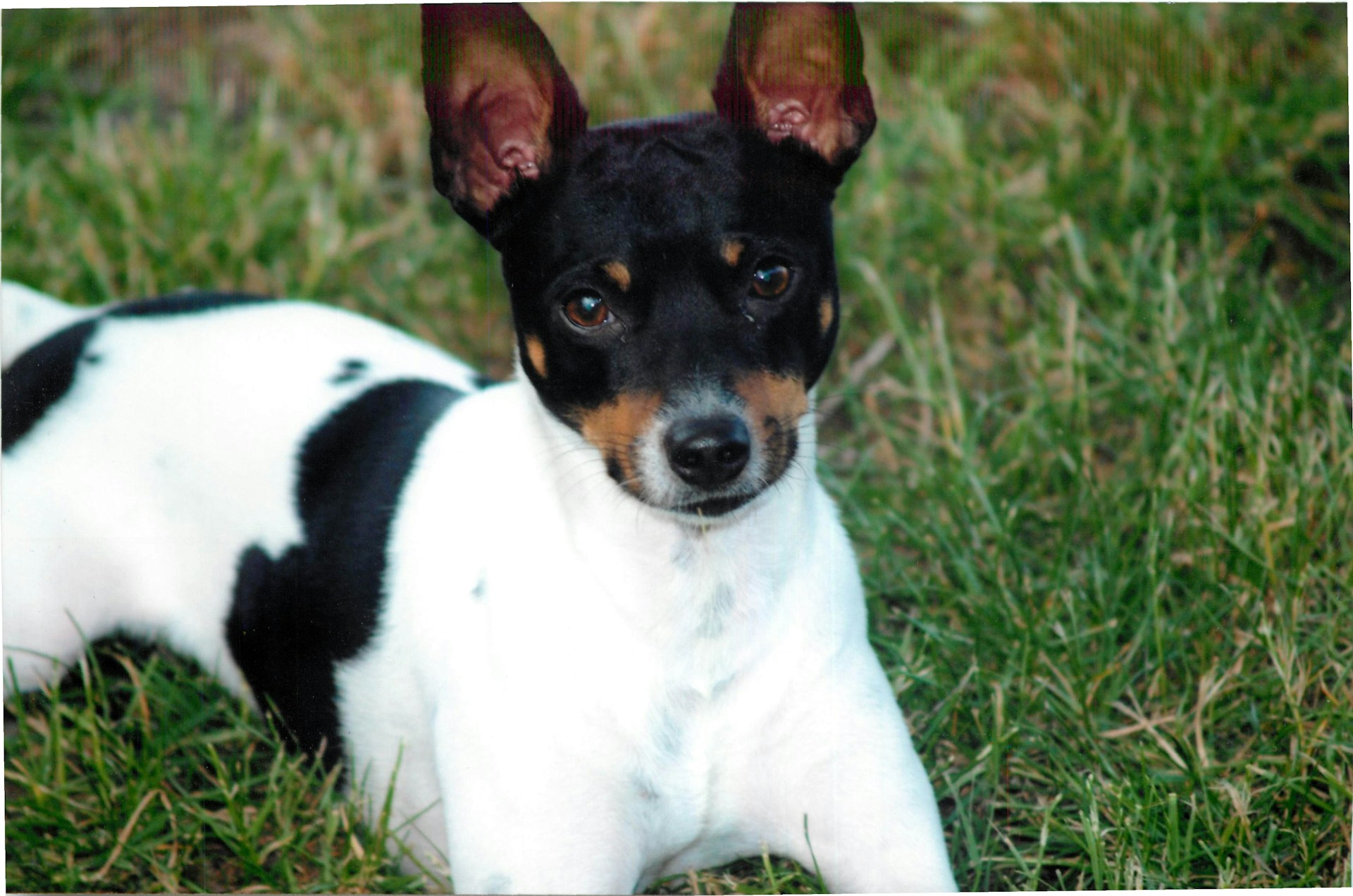Are Rat Terriers Aggressive? Exploring the Nature of This Energetic Breed

Rat Terriers, with their charming personalities and energetic demeanor, have become a popular choice among dog enthusiasts. However, prospective pet owners often wonder about the temperament of these lively canines, particularly whether they exhibit aggressive behavior.
In this blog post, we will delve into the temperament of Rat Terriers, explore the factors influencing their behavior, and provide insights into how to manage and nurture a well-behaved pet. Along the way, we’ll address related keywords such as temperament, training, socialization, and family-friendly to provide a comprehensive understanding of this intriguing breed.
Understanding the Rat Terrier
Rat Terriers are small to medium-sized dogs that originated in the United States. They were initially bred as working dogs, specifically for hunting and farm tasks. Known for their agility and intelligence, they possess a tenacious spirit and an eagerness to please their owners. Before discussing their temperament in detail, it’s essential to understand that like any breed, individual personalities can vary widely based on genetics, training, and environment.
Temperament of Rat Terriers
When it comes to temperament, Rat Terriers are generally known to be friendly, lively, and affectionate. They are often described as loving companions who enjoy spending time with their families. However, they also have a strong prey drive due to their history as hunters, which can sometimes be mistaken for aggression. It’s crucial to distinguish between these natural instincts and genuine aggressive behavior.
Natural Instincts vs. Aggression
Rat Terriers may exhibit behaviors such as chasing smaller animals or being wary of strangers. This behavior is a reflection of their natural instincts rather than aggression. Their alertness and vigilance make them excellent watchdogs, but they should not be aggressive without provocation. A well-socialized Rat Terrier will generally be confident and approachable.
Factors Influencing Behavior
Genetics and Breeding
Genetics play a significant role in determining a dog’s temperament. Responsible breeders prioritize health and temperament, resulting in puppies that are well-suited for family life. When considering a Rat Terrier, it’s advisable to choose a breeder who provides insights into the puppy’s lineage and early socialization practices.
Socialization
Socialization is crucial in shaping a Rat Terrier’s behavior. Introducing them to various environments, people, and other animals during their formative months can help reduce anxiety and aggressive tendencies. Early exposure to different situations teaches them to be adaptable and confident, reducing the likelihood of fear-based aggression.
Training and Obedience
Training is another key factor in managing a Rat Terrier’s behavior. These intelligent dogs thrive on mental stimulation and respond well to positive reinforcement techniques. Consistent training helps in establishing boundaries and ensures that your Rat Terrier understands acceptable behavior. Commands like “sit,” “stay,” and “leave it” are essential in managing their prey drive and ensuring they respond appropriately to different situations.
Managing Aggressive Behavior
While Rat Terriers are not inherently aggressive, certain situations may trigger unwanted behaviors. Understanding these triggers and addressing them appropriately can help manage aggression.
Identify Triggers
Common triggers for aggressive behavior in Rat Terriers include fear, territorial instincts, and overstimulation. Identifying and avoiding these triggers can prevent aggressive incidents. For example, if a Rat Terrier becomes aggressive when strangers approach, it may be beneficial to introduce new people slowly and in a controlled manner.
Professional Training
If aggressive behavior persists despite training and socialization efforts, seeking the help of a professional dog trainer or animal behaviorist is recommended. These experts can assess the underlying causes of aggression and develop a tailored training plan to address specific issues.
Rat Terriers as Family Pets
Despite concerns about aggression, Rat Terriers can make excellent family pets when properly trained and socialized. They are known for their loyalty and affection towards their human companions, often forming strong bonds with family members.
Interaction with Children
Rat Terriers generally get along well with children, especially if raised with them from a young age. Their playful nature makes them great playmates, and their size is suitable for households with children. However, it’s important to teach children how to interact with dogs respectfully to prevent accidental provocation or injury.
Living with Other Pets
With their strong prey drive, Rat Terriers may not always be compatible with small pets like rodents or birds. However, with proper introductions and supervision, they can coexist with other dogs and cats. Early socialization plays a crucial role in ensuring harmonious relationships among household pets.
Tips for Raising a Well-Behaved Rat Terrier
- Start Early: Begin socialization and training as early as possible. Expose them to various environments and experiences during puppyhood.
- Consistency is Key: Be consistent with commands and training techniques. Positive reinforcement encourages good behavior.
- Mental and Physical Stimulation: Provide plenty of mental and physical exercise to prevent boredom and destructive behavior. Interactive toys, puzzles, and outdoor activities are great options.
- Establish Boundaries: Set clear boundaries and rules to prevent unwanted behaviors. This helps them understand their role within the household.
- Monitor Interactions: Supervise interactions with children and other pets to ensure everyone’s safety and comfort.
- Seek Professional Help: If behavioral issues arise, consult with a professional trainer or behaviorist for guidance.
Conclusion
In conclusion, Rat Terriers are not inherently aggressive dogs. Their temperament is shaped by a combination of genetics, socialization, and training. With proper care and attention, they can be loving, loyal, and well-behaved companions.
Understanding their natural instincts and addressing any behavioral concerns promptly will ensure a harmonious relationship with these energetic and intelligent dogs. Whether you’re a first-time dog owner or an experienced handler, Rat Terriers can bring joy and companionship to your home when their needs are met with patience and understanding.





